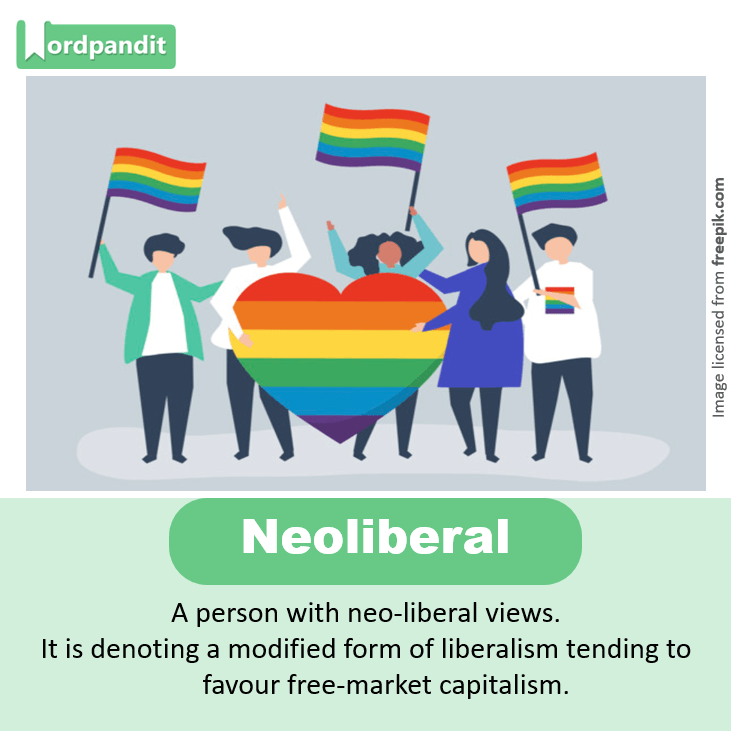1. Entrenched
• Of an attitude, habit, or belief firmly established and difficult or unlikely to change.
Usage: An entrenched resistance to change.
2. Proxy war
• A proxy war is an armed conflict between two states or non-state actors which act on the instigation or on behalf of other parties that are not directly involved in the hostilities.
Usage: This will turn Syria into a Somalia-like failed state and a battleground for a proxy war
3. Currency intervention
• Currency intervention is a monetary policy operation. It occurs when a government or central bank buys or sells foreign currency in exchange for their own domestic currency, generally with the intention of influencing the exchange rate and trade policy.
• Policymakers may intervene in foreign exchange markets in order to advance a variety of economic objectives: controlling inflation, maintaining competitiveness, or maintaining financial stability.
4. Deglobalization
• Deglobalization is the process of diminishing interdependence and integration between certain units around the world, typically nation-states. It is widely used to describe the periods of history when economic trade and investment between countries decline.
5. Anti-globalization movement
• The anti-globalization movement, or counter-globalization movement, is a social movement critical of economic globalization.
6. Adjunct
• A thing added to something else as a supplementary rather than an essential part.
Usage: Interviews might be a useful adjunct to written questionnaires at follow up.
Synonyms: supplement, addition, accompaniment.
7. Currency Manipulator
• ‘Currency Manipulator’ is a designation applied by United States government authorities, such as the United States Department of the Treasury, to countries that engage in a certain degree of currency intervention.
• Policymakers may have different reasons for currency intervention, such as controlling inflation, maintaining international competitiveness, or financial stability.
• In many cases, the central bank weakens its own currency to subsidize exports and raise the price of imports, sometimes by as much as 30-40%, and it is thereby a method of protectionism.
8. Abomination
• A thing that causes disgust or loathing.
• A feeling of hatred.
Usage: Concrete abominations masquerading as hotels.
9. Neoliberal
• It is denoting a modified form of liberalism tending to favour free-market capitalism.
Usage: A person with neo-liberal views.

10. Blanch
• Flinch or grow pale from shock, fear, or a similar emotion.
Usage: He visibly blanched at this reminder of mortality.

11. Cast a pall over something
• To create an unpleasant situation or mood.
Usage: His comments casted a pall over the meeting.

12. Wage war
• To engage in.
• To carry on.
Usage: If you’re not happy with your work, you might have to wage war on your boss.
13. Squabble
• Quarrel noisily over a trivial matter.
Usage: The boys were squabbling over a ball.











